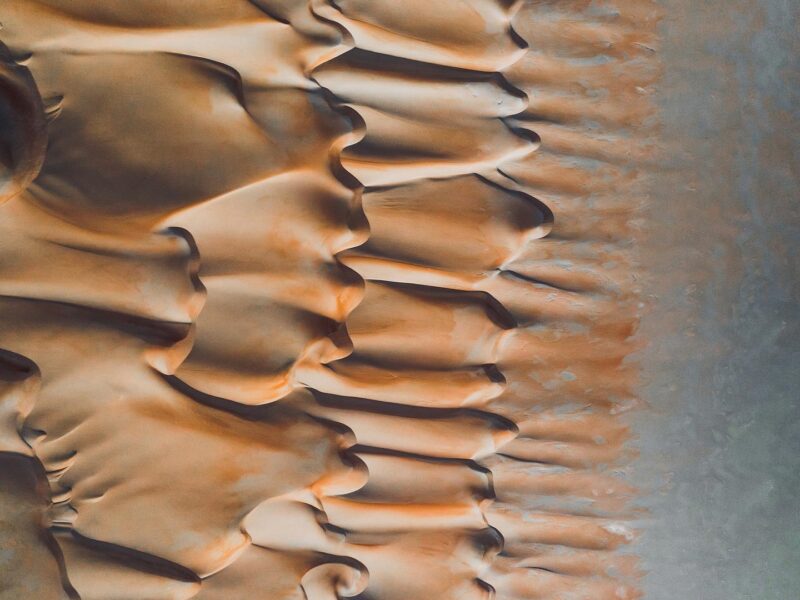In a recent Fast-Breaking Papers analysis of Essential Science Indicators data, two papers related to irrigation and precipitation analysis appeared, and both share a corresponding author, Dr. Mohammed Valipour.
The first paper is “Simulation of open- and closed-end border irrigation systems using SIRMOD” (Arch. Agron. Soil Sci. 61 [7]: 929-941 3 July 2015), which is the Fast-Breaking Paper in Agricultural Sciences. Currently in the Web of Science, this paper has 95 citations. The second paper is the Fast-Breaking Paper in Geosciences, “Optimization of neural networks for precipitation analysis in a humid region to detect drought and wet year alarms” (Meteorol. Appl. 23[1]: 91-100, January 2016), which has 132 Web of Science citations at present.
Dr. Valipour is a Lecturer at Payame Noor University in Tehran, Iran. Below, he talks about the Archives of Angronomy and Soil Science paper.
Why do you think your paper is highly cited?
I believe the reason is due to the fact that my papers have focused on essential gaps in the fields. Most of agricultural lands are irrigated using surface irrigation systems. However, the efficiency of these systems is too low. Therefore, an accurate simulation of surface irrigation systems and/or prediction of rainfall play an important role in Agricultural Science and Geosciences, respectively.
Does it describe a new discovery, methodology, or synthesis of knowledge?
No. They are optimization of previous methods.
How did you become involved in this research, and how would you describe the particular challenges, setbacks, and successes that you’ve encountered along the way?
This research was one of the main concerns to improve knowledge on the topic. However, I should work on it more and more in future.
Where do you see your research leading in the future?
This depends on the future challenges in Agricultural Sciences and Geosciences considering climate change impacts.
Do you foresee any social or political implications for your research?
My research is useful for human aspects, but does not have any political implications.
Dr. Mohammed Valipour
Lecturer
Payame Noor University
Tehran, Iran





